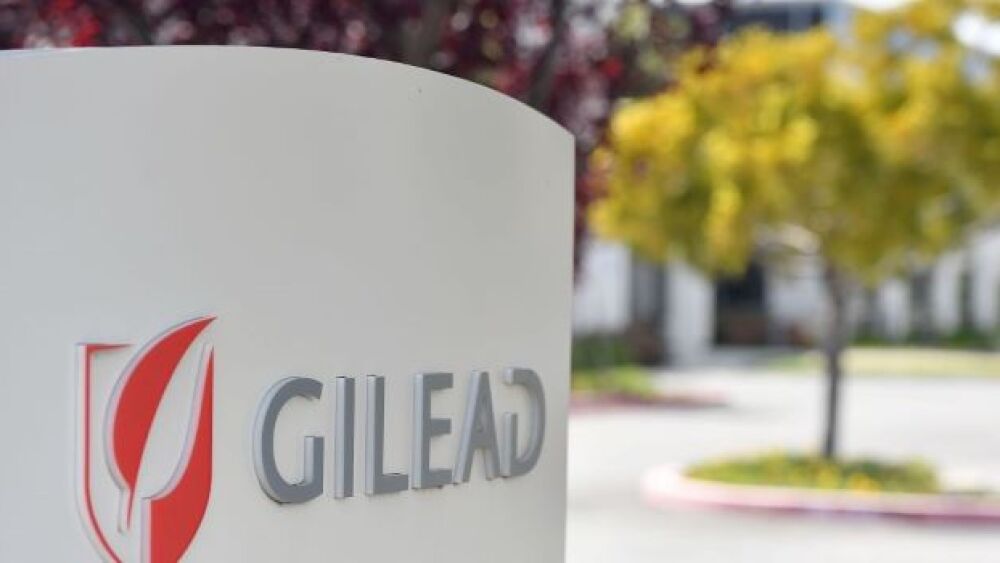The FDA’s decision to lift the hold directive on April 11 involving the investigational drug magrolimab follows a comprehensive review of each trial’s safety data.
Josh Edelson/AFP via Getty
The U.S. Food and Drug Administration has lifted the hold order on Gilead Sciences’ clinical studies involving the investigational drug magrolimab.
The FDA issued a partial clinical hold on all global trials that evaluated the use of magrolimab in combination with azacitidine in January after some serious adverse events came up at the start of the study. Back then, Gilead immediately complied and paused screening and enrollment activities for participants, while those patients who had already been accepted for the study continued receiving the combination therapy or a placebo under close monitoring.
Gilead is looking into the effectiveness and safety of magrolimab plus azacitidine across several trials, including two Phase III studies for acute myeloid leukemia (AML) and three for myelodysplastic syndrome (MDS). The combination is also being considered in Phase I trials for MDS and myeloid malignancies.
Magrolimab is an investigational monoclonal antibody designed to work against CD57 and a macrophage checkpoint inhibitor, while azacitidine is a chemotherapy marker that Bristol Myers Squibb sells under the brand names Onureg and Vidaza.
The FDA’s decision to lift the hold directive on April 11 follows a comprehensive review of each trial’s safety data. With that said, Gilead can resume enrollment and trial activities in the U.S. to investigate the combo therapy for MDS and AML. Plans to revive trial efforts outside of the country are also underway.
The studies impacted by this update include the Phase III ENHANCE-2 trial in AML, Phase III ENHANCE-3 trial in unfit AML, Phase IB study in MDS and Phase II study in myeloid malignancies.
Gilead is not totally out of the woods yet, though, as it is still working with the FDA to lift the partial clinical hold on trials for magrolimab in multiple myeloma and diffuse large B-cell lymphoma. The company’s research activities on the effectiveness of magrolimab against solid tumors were not part of the FDA’s directive.
“This is a significant milestone for Gilead and, more importantly, for patients diagnosed with these cancers. We look forward to continuing our work developing magrolimab and advancing this potential cancer treatment option. Our confidence in the risk-benefit profile of magrolimab has been unwavering, and we continue to believe in the potential for this treatment to address the unmet medical needs faced by people living with MDS and AML,” said Merdad Parsey, M.D., Ph.D., the chief medical officer of Gilead Sciences, in a statement.
Gilead acquired magrolimab following the $4.9 billion acquisition of Forty Seven Inc. in 2020. The oncology asset received a Breakthrough Therapy designation from the FDA in 2020. Besides AML and MDS, the drug is also being evaluated for several types of hematologic cancers. As of this writing, magrolimab does not have approval by any regulatory body worldwide for any medical use. Its efficacy and safety have also not yet been established.
As trial programs resume, Gilead expects to conduct a readout of its initial interim analysis for the combo drug by 2023.
Featured Jobs on BioSpace





